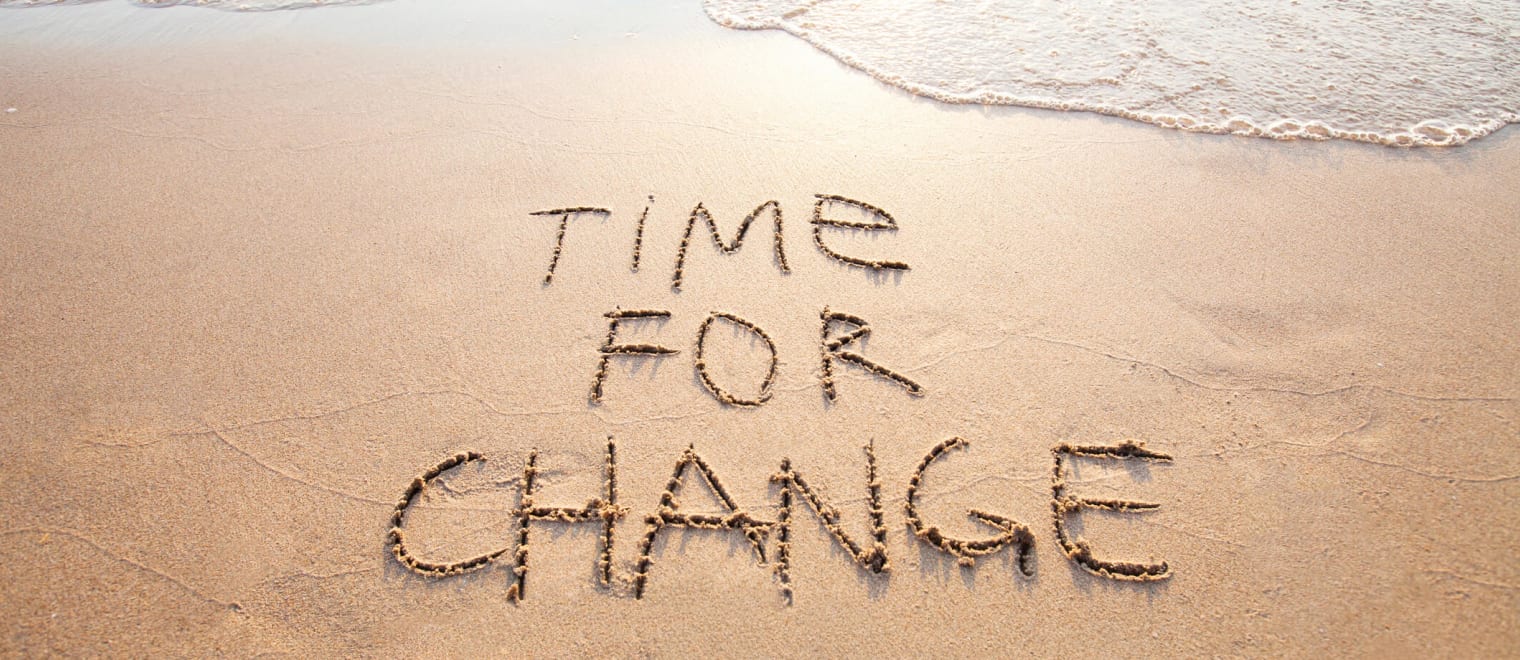This informal CPD article on Taking Care Of Yourself - How to get out of a rut and into a healthier routine was provided by Ayming UK, who aim to improve Business Operational and Financial Performance.
How to get out of a rut and into a healthier routine
Most of us have had one of those nights, lying awake with the same (often negative) thoughts swirling around in our head like an out-of-control carousel. As you lose precious sleep, it may seem small consolation that it’s just the brain doing its thing. But understanding this is potentially powerful.
Our brains build connections – or synapses. As we think along those same lines, these pathways are reinforced. The connections become stronger and it’s harder to break out of that rut.
Sounds hopeless? There is a way to break the pattern, but it means using your mind to take control and create new pathways. The good news is that as you follow and re-use those pathways, it becomes easier as they become ever-stronger instead. This ‘brain training’ (also called ‘cognitive training’) can help us break out of any rut or unhealthy routine in our lives.
Amid the pandemic lockdowns some people found themselves riding this carousel of anxiety – with more time and things to worry over. Others used the time to re-appraise their routines, break free of bad habits, and establish new ones.
Working from home, for example, freeing up commuting time for something else – a morning walk, picking up that guitar again, a catch-up video call with distant friends or relatives. The important lesson is that we all need to carve out a little time or attention to taking care of ourselves – and it shouldn’t require a global crisis. What kind of self-care? It’s up to you how you switch up your lifestyle. You need to see what works for you.
Meditation is not everybody’s bag, with or without mantras, and a comfy chair or the lotus position. Think about something you find relaxing – fishing, gardening, cooking or whatever – and you’ll find you’re already in the right headspace. Next time, be mindful of that feeling and try to bring it to other situations.
Go outside. Easier when the sun is shining – and your vitamin D levels will get a boost – but whatever the weather, the change of air and scene will benefit your eyes (away from the screen), immune system, brain, body and mood.
Find a buddy, anyone you can chat to without worry about judgement. If not a friend, it could be a colleague, online contact or therapist. Just knowing you have an outlet can be enough to relieve our tendency to bottle things up.













